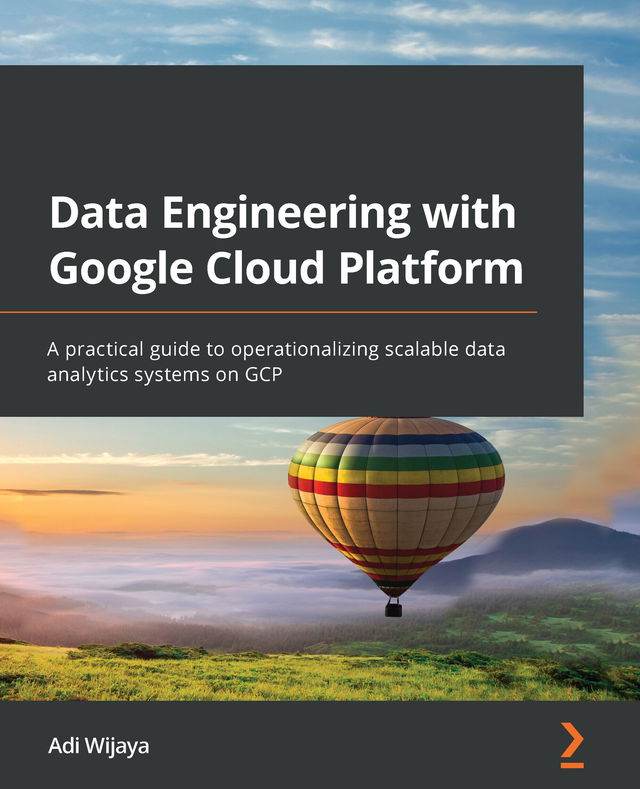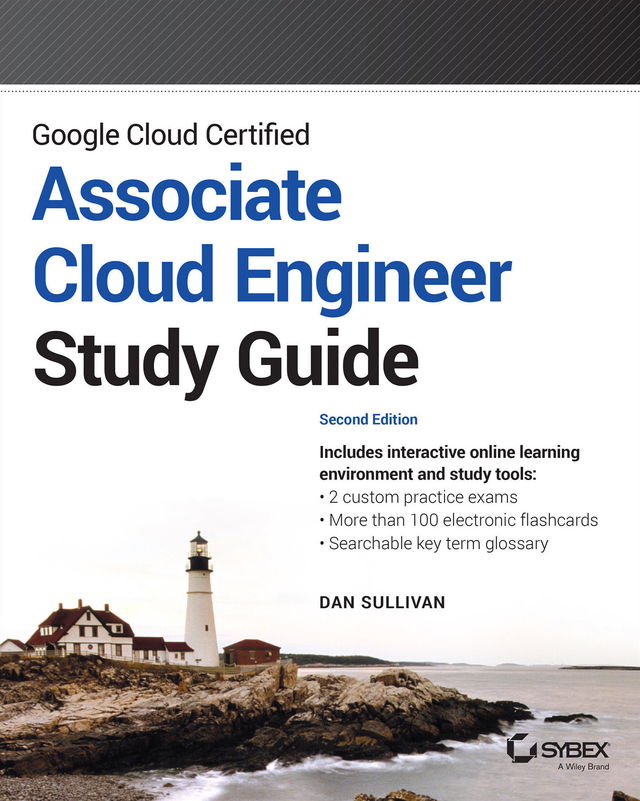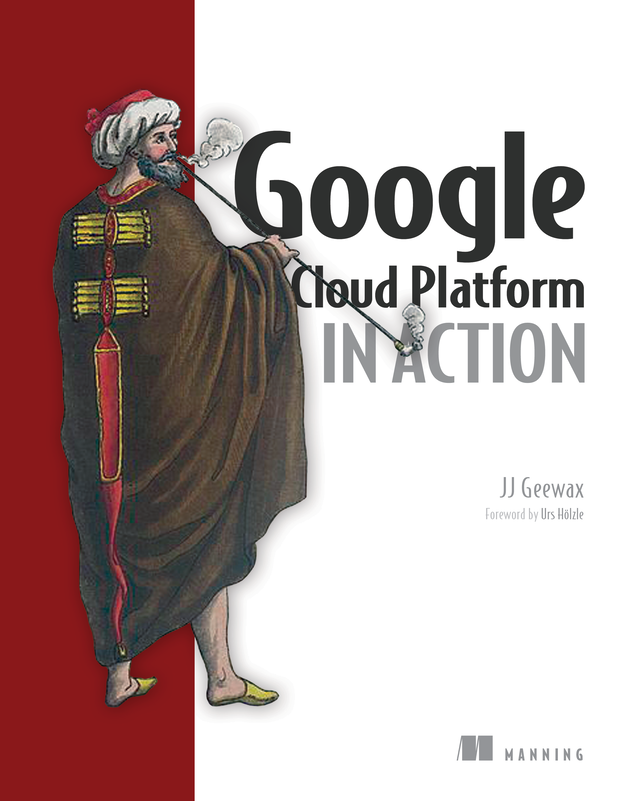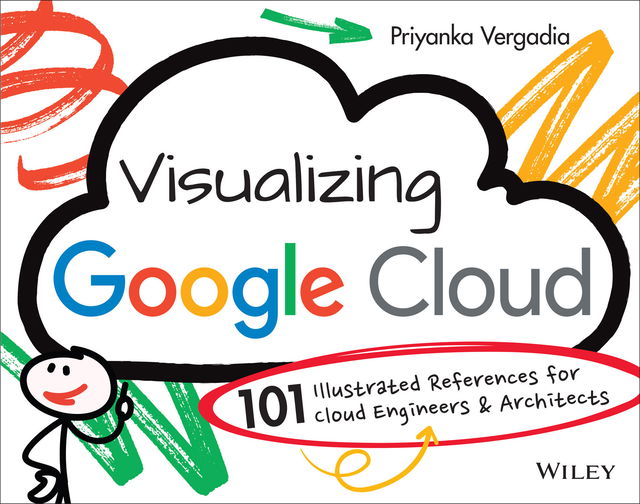With this book, you'll understand how the highly scalable Google Cloud Platform (GCP) enables data engineers to create end-to-end data pipelines right from storing and processing data and workflow orchestration to presenting data through visualization dashboards.
Starting with a quick overview of the fundamental concepts of data engineering, you'll learn the various responsibilities of a data engineer and how GCP plays a vital role in fulfilling those responsibilities. As you progress through the chapters, you'll be able to leverage GCP products to build a sample data warehouse using Cloud Storage and BigQuery and a data lake using Dataproc. The book gradually takes you through operations such as data ingestion, data cleansing, transformation, and integrating data with other sources. You'll learn how to design IAM for data governance, deploy ML pipelines with the Vertex AI, leverage pre-built GCP models as a service, and visualize data with Google Data Studio to build compelling reports. Finally, you'll find tips on how to boost your career as a data engineer, take the Professional Data Engineer certification exam, and get ready to become an expert in data engineering with GCP.
By the end of this data engineering book, you'll have developed the skills to perform core data engineering tasks and build efficient ETL data pipelines with GCP.
What you will learn
- Load data into BigQuery and materialize its output for downstream consumption
- Build data pipeline orchestration using Cloud Composer
- Develop Airflow jobs to orchestrate and automate a data warehouse
- Build a Hadoop data lake, create ephemeral clusters, and run jobs on the Dataproc cluster
- Leverage Pub/Sub for messaging and ingestion for event-driven systems
- Use Dataflow to perform ETL on streaming data
- Unlock the power of your data with Data Studio
- Calculate the GCP cost estimation for your end-to-end data solutions
Who this book is for
This book is for data engineers, data analysts, and anyone looking to design and manage data processing pipelines using GCP. You'll find this book useful if you are preparing to take Google's Professional Data Engineer exam. Beginner-level understanding of data science, the Python programming language, and Linux commands is necessary. A basic understanding of data processing and cloud computing, in general, will help you make the most out of this book.



